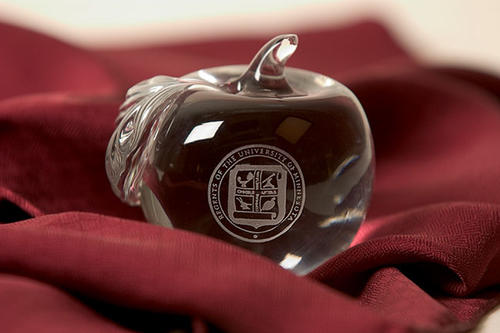
What: University of Minnesota Board of Regents meeting
When: Thursday, September 8 and Friday, September 9, 2016
Where: Sixth floor, McNamara Alumni Center, 200 Oak St. S.E., Minneapolis
The University of Minnesota’s proposed FY 2018-19 biennial budget request benefits U students, faculty, and Minnesota residents.
The recommended request to the Minnesota Legislature will be reviewed by the University’s Board of Regents during its meeting next week, September 8-9.
The proposal includes three initiatives, which advance the University’s land-grant mission and reflect the University’s and President Eric Kaler’s strategic system-wide priorities:
1. Student Success
Improve retention, graduation rates, access to high-demand STEM fields and the admissions pipeline for underrepresented Minnesota students.
- Creating a new, multi-campus Student Success Center to expand support for tutoring, writing and research and academic skills development in and out of the classroom;
- Enhancing equity through programming such as CORE 2025, an early outreach and high-touch pipeline program to increase the number of academically prepared, college-ready, Minnesota students from historically underrepresented and underserved backgrounds; and
- Expanding STEM education to meet student demand and Minnesota workforce needs.
2. Minnesota’s Discovery, Research and InnoVation Economy (MnDRIVE)
In partnership with the state, the MnDRIVE program fuels research to strengthen Minnesota’s economy. Since its inception in 2013, MnDRIVE research has leveraged $76 million in external research funding through the state’s investment in four key research areas (brain conditions, robotics, environment and global food supply and safety). Proving successful, the U has the capacity to achieve more with additional support from the Legislature for new research areas aligned with the U’s strengths and Grand Challenge priorities.
The 2017 request will strengthen MnDRIVE, building upon these successes and expanding research to: increase Minnesotans’ access to cutting edge cancer trials, cures and treatments; reduce inequities in education, employment, health and the criminal justice system; develop new technologies and solutions for water management and monitoring; and harness the capabilities of ‘big data’ to drive Minnesota’s economy.
3. Delivering on our mission
Support academic and operational excellence on all campuses and across the University’s land grant teaching, research and public engagement mission by providing funds to keep a lid on tuition for Minnesota residents, retain world-class faculty and staff and maintain valuable academic and student programs.
The $122.2 million requested over the biennium for these three initiatives represents a less than 10 percent increase over the current base funding level.
“As the state’s only land grant and research institution, the University of Minnesota has a responsibility to improve the lives of Minnesotans through education, research, and public engagement,” said President Eric Kaler. “These imperatives have guided the development of this biennial budget request and I look forward to further strengthening our partnership with the state.”
Additionally, the proposal includes $21 million over the biennium aimed at restoring funds for for critical health training and services statewide, formerly supported by UCare, and providing funding to support enhanced services and facility operations of Minnesota’s new, expanded Bell Museum and Planetarium scheduled to open on the St. Paul campus in the summer of 2018.
Regents are expected to take action on the proposal at their next meeting, Oct. 13-14.
Annual Gopher Athletics Update
In his first report to the Board, new Gopher Athletics Director Mark Coyle will outline successes in competition and the classroom during the past year and provide updates on department finances and facility projects, including the Athletes Village, which is under construction.
Coyle will also discuss his vision, philosophy and guiding principles regarding financial management, compliance and the overall operations of Gopher Athletics.
The Board will also:
Review the proposed 2016 six-year capital plan and 2017 state capital request, both designed to set priorities and direction for continued capital investment and funding support from the state Legislature.
Receive the annual report on private giving. In FY 2016, the University of Minnesota Foundation recorded its second-highest year of giving, raising $312 million from 72,448 donors and provided record funding to the University by distributing $214 million to benefit students, faculty, research, programs, and other strategic priorities needed to maintain a world-class University.
Consider action on renovation plans for Pioneer Hall and the Superblock dining facility. The President’s recommended option maintains the character of the historically-significant residence hall while increasing its capacity to more than 750 beds and adding an 850-seat dining facility.
Introduce and recognize new academic leaders. College of Science and Engineering Dean Samuel Mukasa and Law School Dean Garry Jenkins will be introduced and new Regents Professor of Sociology and Law Christopher Uggen will be recognized.
Committee meetings begin at 7:30 a.m. Thursday, Sept. 8. The public meeting of the full Board begins at 8:45 a.m., Friday, Sept. 9.
- Categories:
- Campus Affairs





